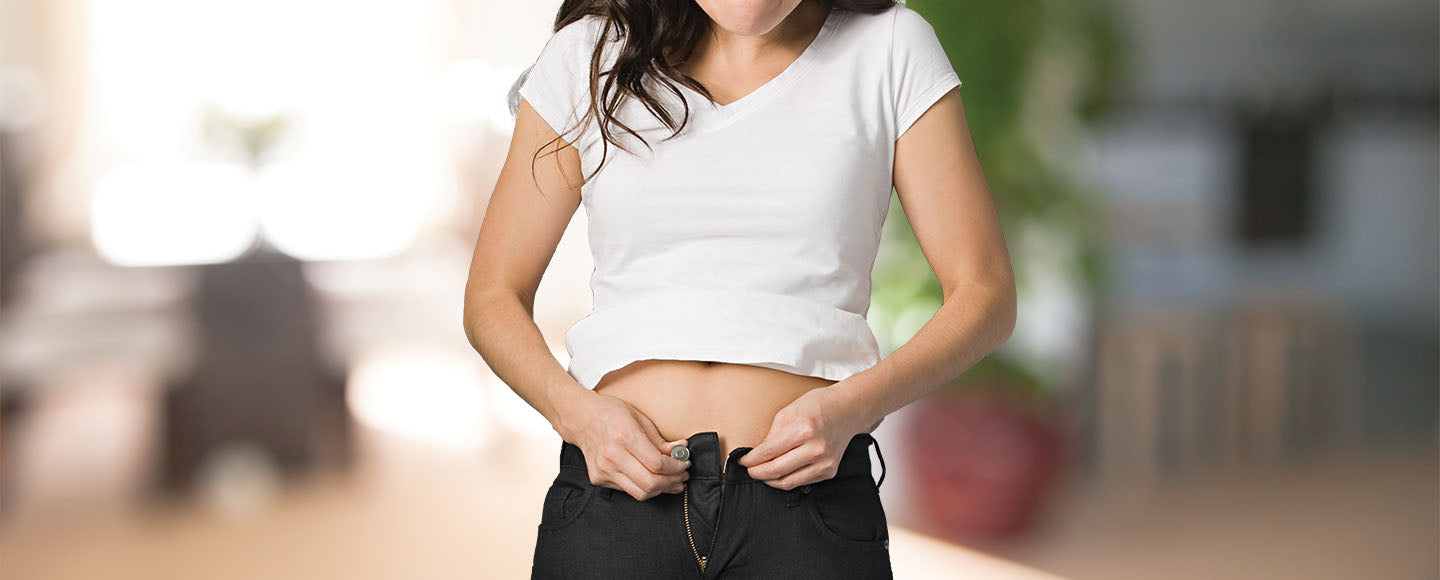Do you wish you could ‘wee less’ or ‘hold on’ more?
10th September, 2021
Do you feel like your entire day revolves around your bladder? Making sure you know where the nearest bathroom is, or worrying whether you’ll manage to hold until you get there?
Your bladder is basically a muscular storage tank, about the size of a grapefruit. It sits in your pelvic area and is supported by your pelvic floor muscles.
A healthy bladder can hold around 300-400mls of urine. It expands as it fills with urine, and when it’s around half full, the muscle walls start to contract. This sends a message to your brain to say it needs to be emptied soon, which is when you start to feel the need to wee. Most people can hold on for quite a bit longer than this first stage. Once you get to the bathroom your brain then tells another muscle that forms part of your urinary system, the external urethral sphincter, to go ahead and open… and out it comes.
Urinary incontinence is the accidental or involuntary leakage of urine and means that something in your urinary system isn’t working as well as it should. If this is happening to you, it’s best to seek professional help sooner rather than later as it may get worse if left untreated. On the positive side, with the right management it’s often possible to experience good improvements.
So why can’t I hold on?
There are different types of urinary incontinence, but the most common types are stress incontinence and urge incontinence.
Stress incontinence is the accidental loss of wee when you cough, laugh, sneeze or lift heavy objects. It can also happen with certain types of exercise. It’s usually only a few drops. It occurs mainly in women and is most often caused by the physical or hormonal changes of pregnancy, childbirth, or menopause which can affect the integrity of the pelvic floor and urethra muscles. The pelvic floor muscles support the bladder and the urethra, so if they are weakened it can affect bladder control. Being overweight or suffering from constipation can also affect your pelvic floor.
Urge incontinence is usually associated with a condition known as medically diagnosed overactive bladder (OAB). You get an overwhelming feeling that you need to wee…even though your bladder isn’t full. The feeling can be so strong that you can’t hold on and you leak wee before you get to the toilet. Sometimes it’s just a few drops, but sometimes it can be a lot more. You may also feel that you need to go to the toilet frequently during both day and night. The feeling is often triggered by common things like the sound of running water, getting to the front door or just washing your hands.
Even if you don’t experience leakage, the urgency and frequency associated with OAB can interfere with everyday activities because of the need to keep going to the toilet.
What causes Overactive Bladder?
The muscle of the bladder is called the ‘detrusor’ muscle. If it squeezes or contracts more often than normal it causes the sudden and strong urge to wee.
Age, gender, obesity, diabetes, nervous system abnormalities are possible causes for this overactivity. Sometimes it doesn’t have any clear cause though.
Is it possible to alleviate urinary incontinence?
Whatever your symptoms, urinary incontinence doesn’t tend to improve without management. It needs to be investigated and diagnosed by a health professional as it may be caused by one or more of several factors.
Once tests have been done to determine the reason for your incontinence, your doctor will suggest a solution to address your symptoms. Depending on the cause it could be one or a combination of treatments including lifestyle changes, pelvic floor exercises, bladder retraining, medications or surgery.
Pelvic floor exercises can help
In most types of incontinence, Pelvic floor exercises (Kegel exercises) can help to strengthen the muscles of the pelvic floor which support the urethra and bladder. Strong pelvic floor muscles help to hold back the strong urge to pass urine and help you hold on until you reach the toilet. Intensive pelvic floor physiotherapy for a period of 3-6 months can result in a significant reduction in stress incontinence.
Incontinence can be embarrassing and stressful, but it is not something that you need to learn to live with. It’s not a normal part of ageing or an inevitable result of childbirth and there are many solutions available to help you manage your symptoms. Seek professional help if it’s happening to you…don’t let your bladder control your life!




